DNVN - The 2024 Land Law has many new, important, and breakthrough contents, many of which are very closely related to businesses. These include issues of planning and land use planning; land recovery, compensation, support, resettlement; land allocation, land lease, permission to change land use purposes, etc.
Speaking at the workshop “Land Law 2024: Important contents that businesses need to know” on March 21, Vice President of the Vietnam Federation of Commerce and Industry (VCCI) Hoang Quang Phong emphasized that the Land Law is one of the major and important laws, having a profound impact on economic and social life. The law especially affects the investment and business environment of our country.
The 2024 Land Law has many new, important, breakthrough contents, many of which are very closely related to businesses. These include planning and land use plans; land recovery, compensation, support, resettlement; land allocation, land lease, permission to change land use purposes; land finance, land prices; land registration; reform of administrative procedures in the land sector, etc.
Regarding the 2024 Land Law, at the previous session, the National Assembly passed the amended and supplemented Laws on real estate and housing business. These are also laws that have a great impact on businesses, because the real estate market is particularly important in every economy.
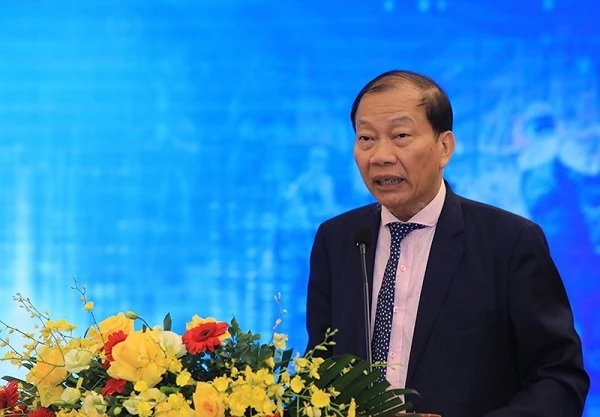
Mr. Hoang Quang Phong emphasized that the 2024 Land Law has a great impact on businesses.
“Along with the 2024 Land Law, the National Assembly has passed amended and supplemented laws on real estate and housing business. These are also laws that have a great impact on businesses, because the real estate market is especially important in every economy.
These laws were enacted to help resolve inconsistencies between these two laws and investment laws, helping to unify investment resources and implement investment projects more conveniently," said Mr. Phong.
At the conference, Mr. Phan Duc Hieu - Standing Member of the National Assembly's Economic Committee and policy makers discussed and answered important issues about major amendments to the 2024 Land Law. Many hot topics affecting businesses such as land finance, site clearance and closely related laws such as the Law on Real Estate Business, Housing Law, Construction Law, etc. were also discussed at the conference.
Accordingly, experts emphasized the issues of regulation, land valuation according to market principles and impacts on businesses. Specifically, the 2024 Land Law has removed the regulation on the Government's Land Price Framework issued every 5 years.
Instead, the Provincial People's Committee will develop and submit to the People's Council of the same level for decision the first Land Price List to be announced and applied from January 1, 2026. Every year, the Provincial People's Committee is responsible for submitting to the Provincial People's Council for decision to adjust, amend, and supplement the Land Price List to be announced and applied from January 1 of the following year.

The new point of the 2024 Land Law is that when reclaiming land, investors must proactively negotiate with the people.
In case the land price list needs to be adjusted during the year, the provincial People's Committee is responsible for submitting it to the People's Council for decision. The annual land price list will be used to calculate land use fees (LU) when the State recognizes the right to LU, or leases land with annual payment; calculates LU tax; calculates income tax when transferring LU rights...
Specific land prices will be applied to calculate compensation when the State reclaims land, or calculate land rent when the State leases land and collects land rent at once for the entire lease term.
The 2024 Land Law specifically stipulates 4 methods of land valuation and the cases and conditions of application, including: comparison method, income method, surplus method and adjustment coefficient method. All 4 methods are used to determine specific land prices and develop annual land price tables announced by the Provincial People's Council (Article 158 of the 2024 Land Law).
Notably, the new point of the 2024 Land Law is that when reclaiming land, investors must proactively negotiate with people to determine a reasonable level of compensation. Article 79 of the 2024 Land Law clearly stipulates 32 cases where it is absolutely necessary for the State to reclaim land to implement socio-economic development projects for the national and public interests in order to promote land resources, improve land use efficiency, develop modern socio-economic infrastructure, etc.
The land recovery regulations are designed into 32 sections, specifying projects in each field that are given incentives and encouraged to develop in accordance with specialized laws. Including land recovery for construction of traffic works, irrigation, water supply, drainage, solid waste treatment, energy, public lighting, and duty-free zones in economic zones.
Land acquisition has been more specific than before, in which the State only acquires land for commercial housing projects, mixed housing and commercial projects when investing in urban areas. For other projects, investors must proactively negotiate with people to determine a reasonable compensation level.
This also helps reduce disputes and lawsuits. In the past, some regulations on land recovery were not close to reality, which also contributed to the stagnation of business projects.
In the case of land acquisition for commercial housing projects, the 2024 Land Law stipulates that it only applies to large-scale projects with synchronous infrastructure (with adequate electricity, roads, schools, stations, etc.). This shows that land acquisition is only required when it is absolutely necessary to implement key projects. Small-scale, local projects will not be subject to the land acquisition mechanism.
Ha Anh
Source


![[Photo] President Luong Cuong and King Philippe of Belgium visit Thang Long Imperial Citadel](https://vstatic.vietnam.vn/vietnam/resource/IMAGE/2025/4/1/cb080a6652f84a1291edc3d2ee50f631)
![[Photo] General Secretary To Lam receives King Philippe of Belgium](https://vstatic.vietnam.vn/vietnam/resource/IMAGE/2025/4/1/e5963137a0c9428dabb93bdb34b86d7c)

![[Photo] Prime Minister Pham Minh Chinh meets with King Philippe of Belgium](https://vstatic.vietnam.vn/vietnam/resource/IMAGE/2025/4/1/be2f9ad3b17843b9b8f8dee6f2d227e7)

![[Photo] Close-up of Vietnam's sniffer dog team searching for earthquake victims in Myanmar](https://vstatic.vietnam.vn/vietnam/resource/IMAGE/2025/4/1/d4949a0510ba40af93a15359b5450df2)
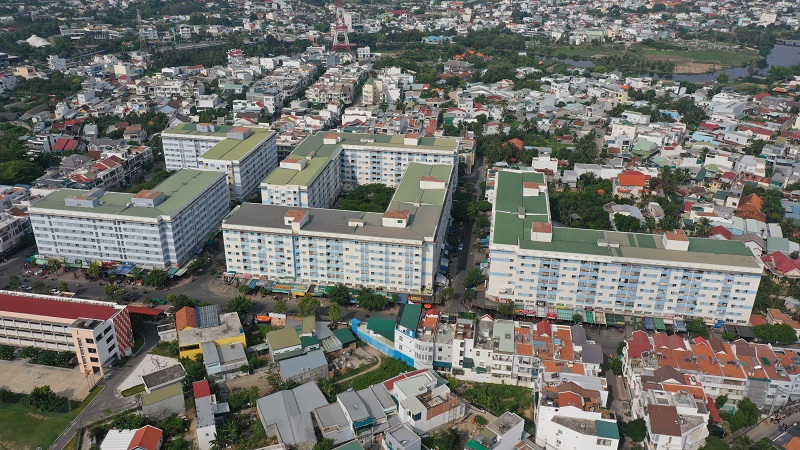



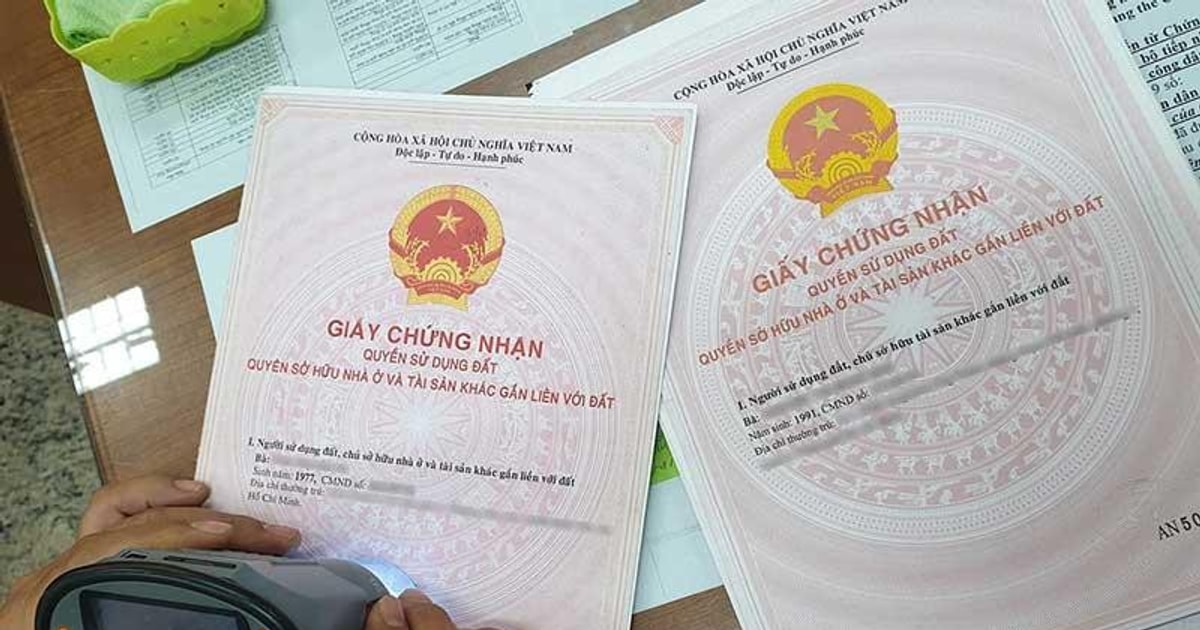

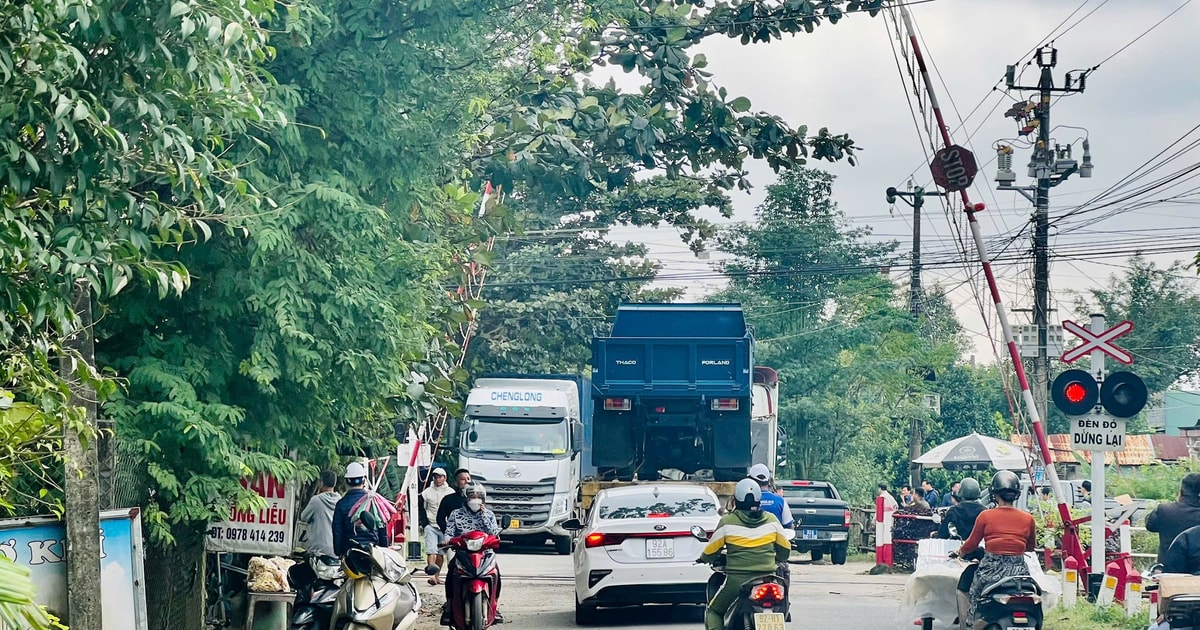
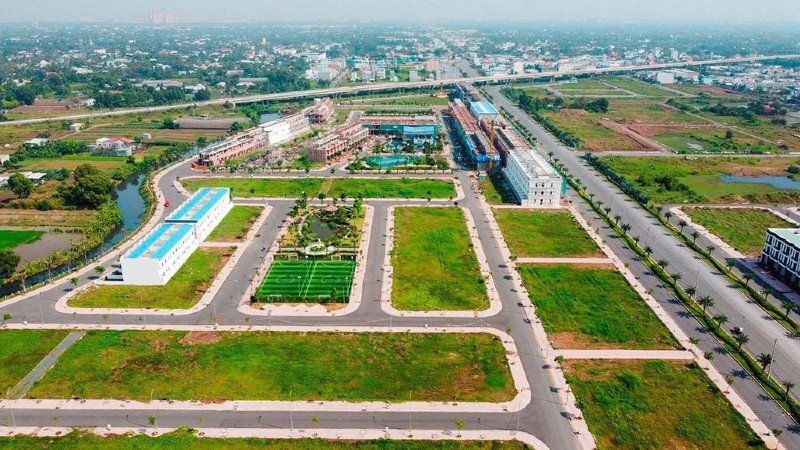

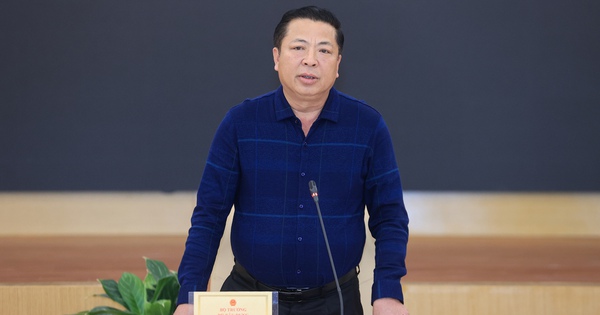
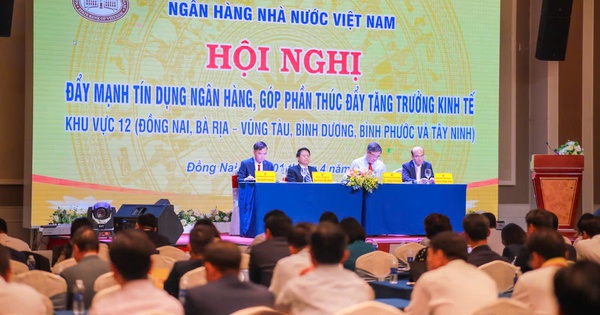


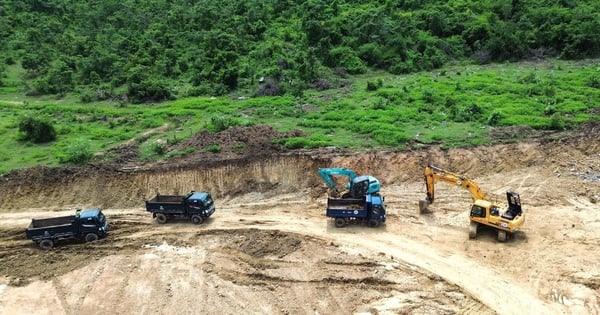






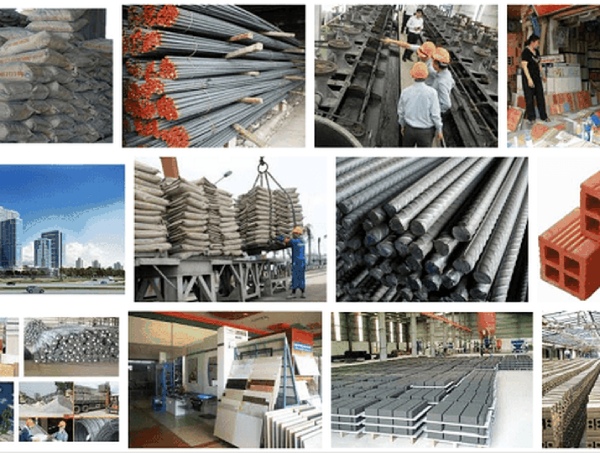



![[Photo] Myanmar's capital in disarray after the great earthquake](https://vstatic.vietnam.vn/vietnam/resource/IMAGE/2025/4/1/7719e43b61ba40f3ac17f5c3c1f03720)






























































Comment (0)